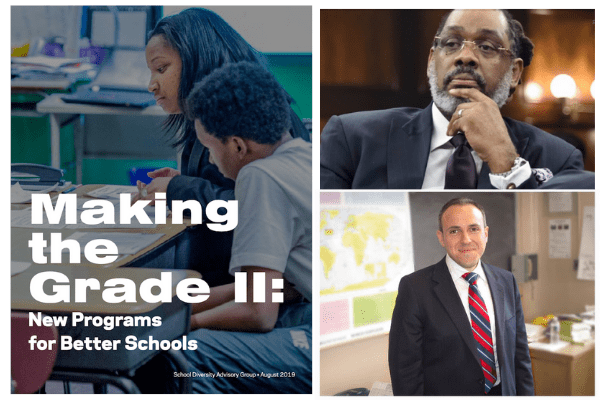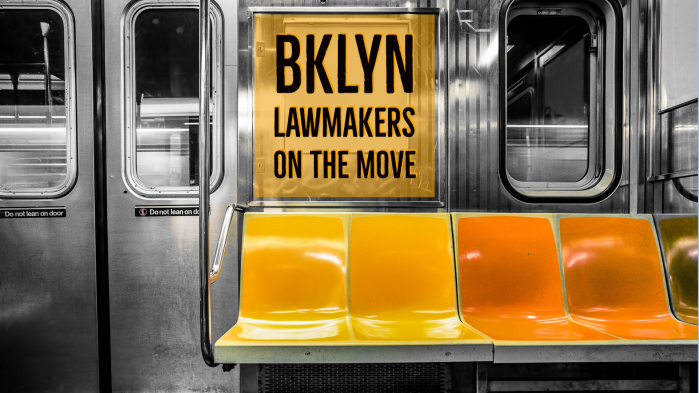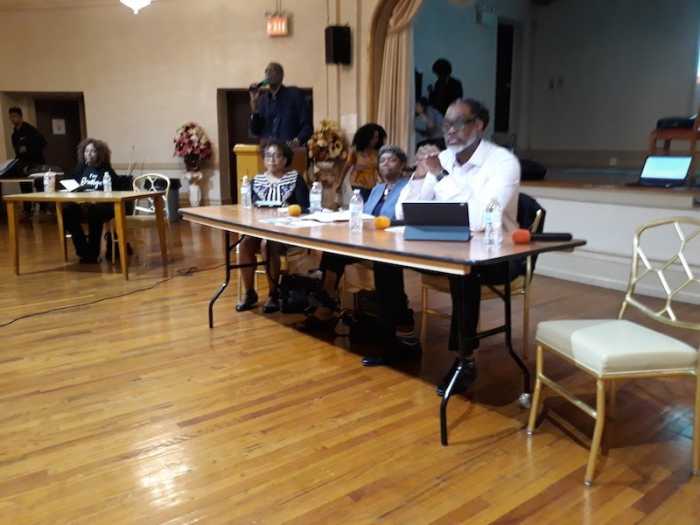Two of Brooklyn’s top city council members expressed differing views on the proposed elimination of Gifted and Talented (G&T) programs in New York City schools.
The Department of Education’s (DOE) Diversity Advisory Group (SDAG), a panel appointed by Mayor Bill de Blasio in 2017, made the recommendation in a report released Tuesday.
The report says G&T programs segregate students by race and socioeconomic status, calling said programs “unjust” and “exclusionary.”
The advisory group recommends the discontinuation of the gifted and talented admissions test at the elementary school level; as entry policies “pose the very first barrier to an enriching learning environment.” At the high school level recommendations include: eliminating lateness, attendance, and geographic zones as a criteria for high school admissions and enrollment, and institute a moratorium on the creation of new screened high schools.

“Let’s be clear: the School Diversity Advisory Group’s second set of recommendations do not seek to end enrichment programs. Instead, they call for the end of the Bloomberg-era ‘gifted and talented’ admissions model, which has been rejected by national gifted education experts and advocates. This model has failed to live up to its promise of equitable opportunities, resulted in the closure of half of all Gifted and Talented programs which disproportionately impacted communities of color, and increased segregation of all kinds in our schools,” said Council Member Mark Treyger (D-Coney Island, Bensonhurst, Gravesend).
Treyger says the current system only provides elementary enrichment and acceleration opportunities to children who score in the 90th percentile nationally on tests they take at 4 years old. This is both developmentally flawed and deeply destructive to student’s sense of academic possibilities.
“Toddlers in test prep is not a sign of a healthy or well-functioning education system. Ultimately, integration efforts hinge on the DOE’s ability to provide a rich and rigorous educational experience for all kids, and to meaningfully engage with parents and school communities. It is absolutely critical that the DOE first provides resources to school districts to develop these new models in close consultation with their communities. We cannot repeat past mistakes by failing to clearly articulate alternatives and to engage with all communities,” he added.
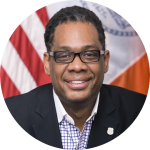
City Council Member Robert Cornegy Jr. (D-Bedford-Stuyvesant, Crown Heights), does not support eliminating G&T programs. He does however support reforms.
“Gifted and talented programs are not an impediment to diversity, but a vital on-ramp to better educational opportunities like specialized high schools. This is not a case where we need to reinvent the wheel, and families are counting on us to provide challenging and rigorous education for high-achieving students,” he said.
“We should expand access to gifted and talented, recalibrate entrance requirements, and provide resources to prepare children for the digital economy. If the program was not worth it, there would not be students spending an hour on a train twice a day to get a good education. These are children that demonstrate hustle, curiosity, and adaptability, and we cannot let them down,” he added.
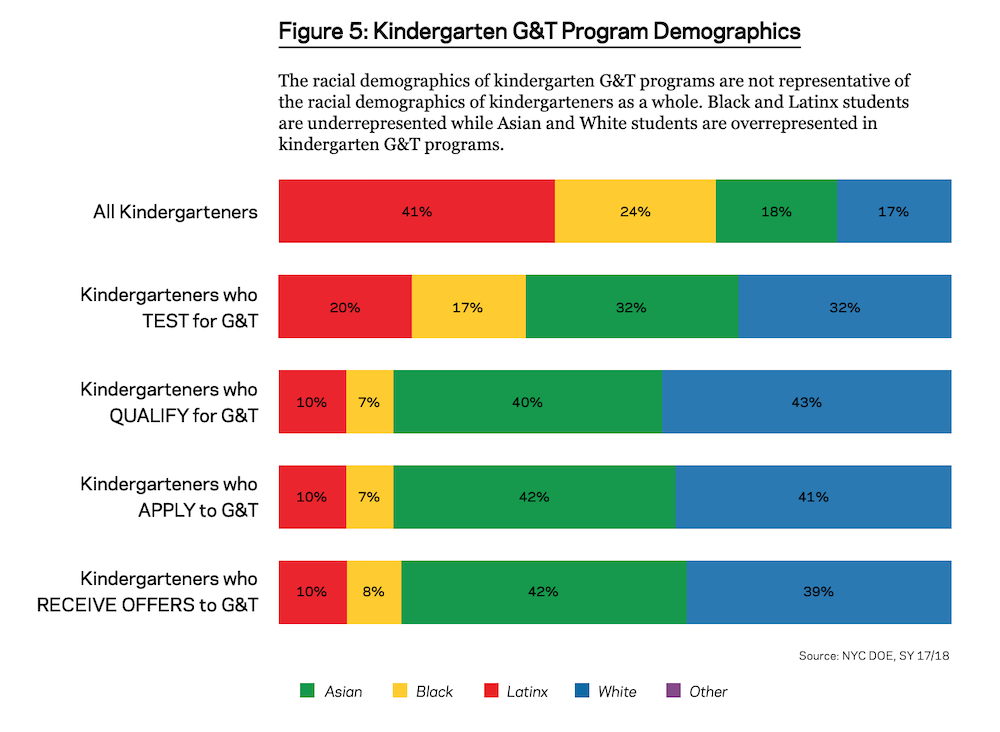 The city adopted 62 of 67 recommendations presented in the SDAG’s first report, issued last February. What the DOE will adopt from the latest report remains to be seen.
The city adopted 62 of 67 recommendations presented in the SDAG’s first report, issued last February. What the DOE will adopt from the latest report remains to be seen.
“We’re going to review their recommendations and take action to ensure all students have access to a rich and rigorous education. At the same time, we’re going to keep advancing equity in our classrooms — reducing disparities in suspensions, and increasing expectations and access to curriculum that reflects the diversity of our student population,” said DOE Chancellor Richard Carranza.
While City Council Speaker Corey Johnson (D-Manhattan) says he is against a single test for admission to elite schools he does not believe eliminating G&T programs is the solution.
“We need to revamp admissions to gifted programs on the district level so that they reflect the diversity of our city’s students. But we must be thoughtful about the process and make sure all stakeholders can weigh in,” said Johnson.
Mayor Bill de Blasio, who presides over 1.1 million NYC students, said he needs time to assess the report before making a statement.


